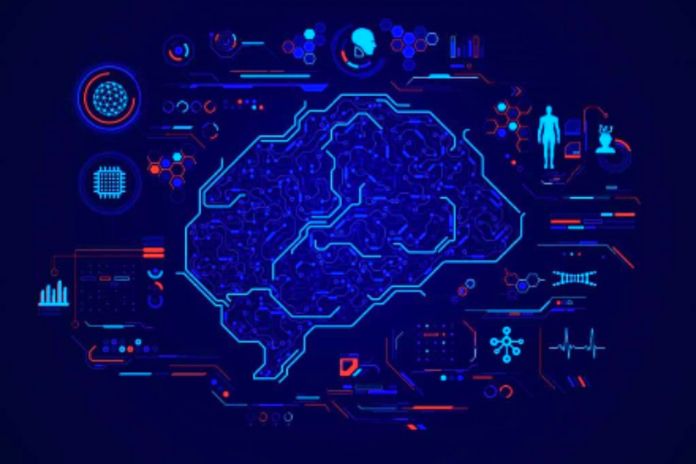Artificial Intelligence is an area of computing dedicated to creating systems and machines that function similarly to the human brain. The idea is that this software can understand, learn and develop things, facilitating everyday tasks.
Currently, the technology is being used in different areas, such as manufacturing appliances to make the home smart. But artificial intelligence also has curious applications, such as reading thoughts and predicting future criminals. The most impressive thing is that it has already been used for these situations. Below are eight unusual uses for AI.
Predict Crimes
British police have been using machine learning on a base of 200,000 people who broke the law to “predict” those who are likely to commit crimes of more significant potential, such as murder and robbery – robbery followed by death. The English system cost US$12.3 million and could effectively save lives in the future. The score is already used to assess the probability of recidivism and mainly: to promote interventions that prevent criminalization and harm to people.
Read Your Thoughts
Yes, artificial intelligence wants to read your thoughts. Russian scientists can already capture, through a hat, the neural transmissions of the human brain and build the image that a person is imagining. The test didn’t didn’t work very well with objects, but when it was tested with people, landscapes and the like, out of 238 attempts, 210 were successful.
While the ethical issues involved in developing and using technologies like this are complex, Facebook wants to capture an individual’s neural waves and turn them into interpretable information.
Detect Diseases
Many studies claim that artificial intelligence can detect diseases and health professionals, but the real potential of the technology still needs to be determined. At this time, cases of pneumonia caused by the new coronavirus in Wuhan, the epicenter of the virus, can already be identified by artificial intelligence. The technology scans CT scans and detects patients with the disease or traits.
According to Habbo Xu, professor and president of radiology at Zhong nan Hospital in Wuhan, the software helps to reduce overload, identify patients in a more severe condition and give more agility to the team in an attempt to contain the spread of the virus.
Creation Of Remedies
Artificial intelligence has developed a medication for patients diagnosed with OCD (Obsessive Compulsive Disorder). This was the first medication created by a machine, but it is not yet available on the market. The drug will undergo a testing phase in Japan.
Hire People
This is a straightforward example to visualize in everyday life. Guy uses artificial intelligence to read more than 6,000 resumes per minute and establishes a hierarchy by affinity with the vacancy. Many companies are joining this service due to the agility in the hiring process and the delivery of profiles that are better matched to the vacancy and the company’s organizational culture for recruiters.
Create Television Presenters
In partnership with London-based start-up Synthesis, the Reuters agency announced the creation of a television presenter to report on sports. The proposal was defined as a “proof of concept”. The technology employed is the same as deep fakes; an anchor face was analyzed from various angles and processed to generate images identical to the real ones. Intelligence is capable of producing news without human interference.
Sleep
Artificial intelligence can relearn through naps. It’s as if, while resting, she reevaluates her decisions to become even more intelligent and assertive. That’s what Google believes and is betting with its DeepMind, Alpha. Another AI tech from the search giant has even beaten top Go players.
Solve Social Problems
Hunger is a big issue around the world. For example, one in four people is affected by this problem in Africa. With that in mind, the International Center for Tropical Agriculture (CIAT) launched, in 2017, a tool capable of warning about future nutritional crises in Kenya.
In all, it took four years to produce a machine learning tool capable of broadly analyzing climate conditions, agricultural production, the market and several other factors that make possible assertive predictions.

